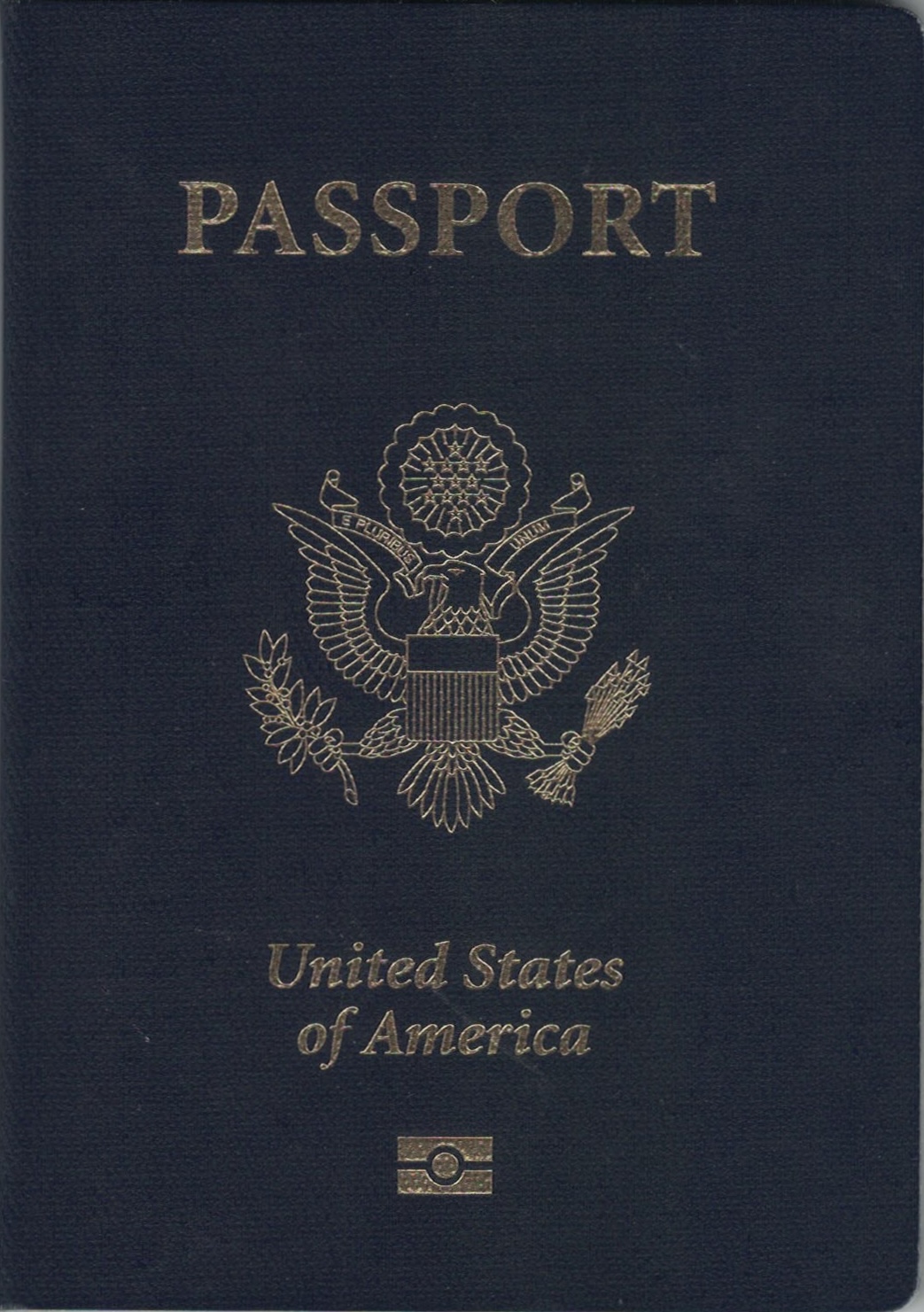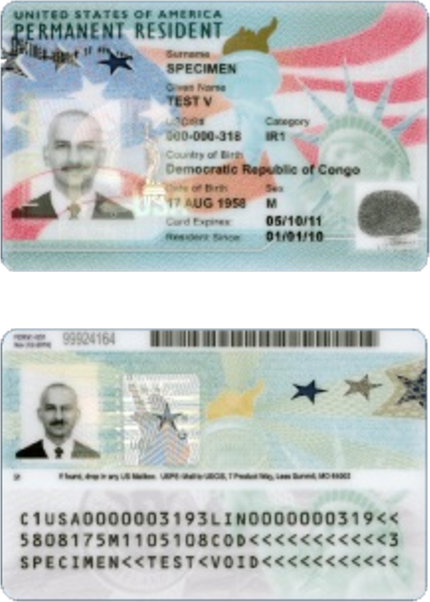|
Advance Passenger Information System
Advance Passenger Information System or APIS is an electronic data interchange system established by the U.S. Customs and Border Protection (CBP), APIS governs the provision of a limited number of data elements (identification details from the passport and basic flight information) from commercial airline and vessel operators to the computer system of the destination state. Required information should conform to specifications for UN/EDIFACT Passenger List Message (PAXLST) formats. Beginning in May 2009, private aircraft pilots must also provide the necessary information to the CBP. The regulations were put into effect in December 2008 with a 180-day voluntary compliance period. (electronic APIS) is a public website which allows small commercial carriers to transmit data to the CBP electronically. When travelling to or from certain countries, passengers are required to provide advance passenger information (API) before they check in or they will be unable to fly. These countri ... [...More Info...] [...Related Items...] OR: [Wikipedia] [Google] [Baidu] |
EDIFACT
United Nations/Electronic Data Interchange for Administration, Commerce and Transport (UN/EDIFACT) is an international standard for electronic data interchange (EDI) developed for the United Nations and approved and published by UNECE, the UN Economic Commission for Europe. In 1987, following the convergence of the UN and US/ANSI syntax proposals, the UN/EDIFACT Syntax Rules were approved as the ISO standard ISO 9735 by the International Organization for Standardization. The EDIFACT standard provides: * a set of syntax rules to structure data * an interactive exchange protocol (I-EDI) * standard messages which allow multi-country and multi-industry exchange The work of maintenance and further development of this standard is done through the United Nations Centre for Trade Facilitation and Electronic Business (UN/CEFACT) under the UN Economic Commission for Europe, in the Finance Domain working group UN CEFACT TBG5. Example See below for an example of an EDIFACT message used to ... [...More Info...] [...Related Items...] OR: [Wikipedia] [Google] [Baidu] |
Schengen Area
The Schengen Area ( , ) is an area comprising 27 European countries that have officially abolished all passport and all other types of border control at their mutual borders. Being an element within the wider area of freedom, security and justice policy of the EU, it mostly functions as a single jurisdiction under visa policies in the European Union, a common visa policy for international travel purposes. The area is named after the 1985 Schengen Agreement and the 1990 Schengen Convention, both signed in Schengen, Luxembourg. Of the 27 EU member states of the European Union, member states, 23 participate in the Schengen Area. Of the five EU members that are not part of the Schengen Area, three—Bulgaria and the European Union, Bulgaria, Cyprus and the European Union, Cyprus and Romania and the European Union, Romania—are legally obligated to join the area in the future; Croatia has been approved to join on January 1, 2023; Ireland and the European Union, Ireland maintains ... [...More Info...] [...Related Items...] OR: [Wikipedia] [Google] [Baidu] |
Passport
A passport is an official travel document issued by a government that contains a person's identity. A person with a passport can travel to and from foreign countries more easily and access consular assistance. A passport certifies the personal identity and nationality of its holder. It is typical for passports to contain the full name, photograph, place and date of birth, signature, and the expiration date of the passport. While passports are typically issued by national governments, certain subnational governments are authorised to issue passports to citizens residing within their borders. Many nations issue (or plan to issue) biometric passports that contain an embedded microchip, making them machine-readable and difficult to counterfeit. , there were over 150 jurisdictions issuing e-passports. Previously issued non-biometric machine-readable passports usually remain valid until their respective expiration dates. A passport holder is normally entitled to enter the country ... [...More Info...] [...Related Items...] OR: [Wikipedia] [Google] [Baidu] |
US Citizen
Citizenship of the United States is a legal status that entails Americans with specific rights, duties, protections, and benefits in the United States. It serves as a foundation of fundamental rights derived from and protected by the Constitution and laws of the United States, such as freedom of expression, due process, the rights to vote (however, not all citizens have the right to vote in all federal elections, for example, those living in Puerto Rico), live and work in the United States, and to receive federal assistance. There are two primary sources of citizenship: birthright citizenship, in which persons born within the territorial limits of the United States are presumed to be a citizen, or—providing certain other requirements are met—born abroad to a United States citizen parent, and naturalization, a process in which an eligible legal immigrant applies for citizenship and is accepted. The first of these two pathways to citizenship is specified in the Citizenship Cl ... [...More Info...] [...Related Items...] OR: [Wikipedia] [Google] [Baidu] |
Legal Permanent Resident
Permanent residency is a person's domicile (law), legal resident status in a country or territory of which such person is not a citizenship, citizen but where they have the right to reside on a permanent basis. This is usually for a permanent period; a person with such legal status is known as a permanent resident. In the United States, such a person is referred to as a green card holder but more formally as a Lawful Permanent Resident (LPR). Permanent residency itself is distinct from right of abode, which waives immigration control for such persons. Persons having permanent residency still require immigration control if they do not have right of abode. However, a right of abode automatically grants people permanent residency. This status also gives work permit in most cases. In many Western countries, the status of permanent resident confers a right of abode upon the holder despite not being a citizen of the particular country. Nations with permanent residency systems N ... [...More Info...] [...Related Items...] OR: [Wikipedia] [Google] [Baidu] |
Automated Targeting System
The Automated Targeting System or ATS is a United States Department of Homeland Security computerized system that, for every person who crosses U.S. borders, scrutinizes a large volume of data related to that person (see below), and then automatically assigns a rating for which the expectation is that it helps gauge whether this person may be placed within a risk group of terrorists or other criminals. Similarly ATS analyzes data related to container cargo. These ratings take many details into account, such as country of origin, how travel to the U.S. was funded, and the visitor's driving record. Other more mundane details also factor in, such as where the person is sitting on the flight and what they ordered for their meal. The existence of such a system was first discovered by the public in November 2006, when a mention of it appeared in the Federal Register. The system was first implemented in the late 1990s, and was significantly expanded shortly after the 9/11 Terrorist Attack ... [...More Info...] [...Related Items...] OR: [Wikipedia] [Google] [Baidu] |
Immigration Advisory Program
The Immigration Advisory Program (IAP) is a pilot program developed by the Department of Homeland Security's Customs and Border Protection that places teams at European airports to prevent undesirable people from traveling to the United States. The program is based on the Immigration Security Initiative of the former Immigration and Naturalization Service. It was appropriated $2,000,000 in fiscal year 2005. Since 2004, IAP inspectors have made more than 1,000 no-board recommendations for high-risk or inadequately documented passengers, which equate to approximately $1.6 million in cost avoidance associated with detaining Detention is the process whereby a state or private citizen lawfully holds a person by removing their freedom or liberty at that time. This can be due to (pending) criminal charges preferred against the individual pursuant to a prosecution or ... and removing passengers, and $1.5 million in potential savings to air carriers.Fact Sheet:Select Homeland Securi ... [...More Info...] [...Related Items...] OR: [Wikipedia] [Google] [Baidu] |
Passenger Name Record
A passenger name record (PNR) is a record in the database of a computer reservation system (CRS) that contains the itinerary for a passenger or a group of passengers travelling together. The concept of a PNR was first introduced by airlines that needed to exchange reservation information in case passengers required flights of multiple airlines to reach their destination ("interlining"). For this purpose, IATA and ATA have defined standards for interline messaging of PNR and other data through the "ATA/IATA Reservations Interline Message Procedures - Passenger" (AIRIMP). There is no general industry standard for the layout and content of a PNR. In practice, each CRS or hosting system has its own proprietary standards, although common industry needs, including the need to map PNR data easily to AIRIMP messages, has resulted in many general similarities in data content and format between all of the major systems. When a passenger books an itinerary, the travel agent or travel website ... [...More Info...] [...Related Items...] OR: [Wikipedia] [Google] [Baidu] |
Aviation Security
Airport security includes the techniques and methods used in an attempt to protect passengers, staff, aircraft, and airport property from malicious harm, crime, terrorism, and other threats. Aviation security is a combination of measures and human and material resources in order to safeguard civil aviation against acts of unlawful interference. Unlawful interference could be acts of terrorism, sabotage, threat to life and property, communication of false threat, bombing, etc. Description Large numbers of people pass through airports every day. This presents potential targets for terrorism and other forms of crime because of the number of people located in one place. Similarly, the high concentration of people on large airliners increases the potentially high death rate with attacks on aircraft, and the ability to use a hijacked airplane as a lethal weapon may provide an alluring target for terrorism (such as during the September 11 attacks). Airport security attempts to prevent ... [...More Info...] [...Related Items...] OR: [Wikipedia] [Google] [Baidu] |
National Security
National security, or national defence, is the security and defence of a sovereign state, including its citizens, economy, and institutions, which is regarded as a duty of government. Originally conceived as protection against military attack, national security is widely understood to include also non-military dimensions, including the security from terrorism, minimization of crime, economic security, energy security, environmental security, food security, and cyber-security. Similarly, national security risks include, in addition to the actions of other nation states, action by violent non-state actors, by narcotic cartels, and by multinational corporations, and also the effects of natural disasters. Governments rely on a range of measures, including political, economic, and military power, as well as diplomacy, to safeguard the security of a nation state. They may also act to build the conditions of security regionally and internationally by reducing transnational caus ... [...More Info...] [...Related Items...] OR: [Wikipedia] [Google] [Baidu] |



